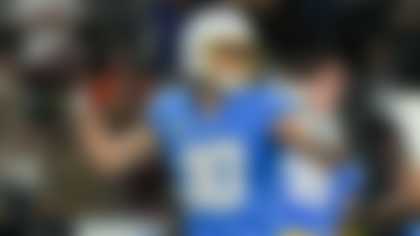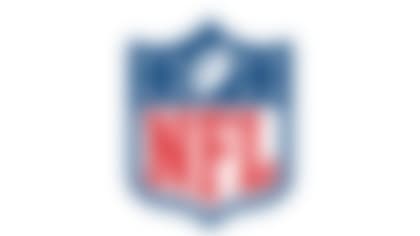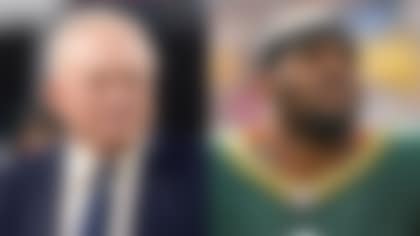The NFL Players Association told players involved in the New Orleans Saints' "bounty" case that there is a chance they could face criminal charges, and it hired outside counsel to represent them if needed.
While Commissioner Roger Goodell weighs how to discipline the two dozen or so players the league says might be connected to the bounties, the NFLPA also suggested that players have a lawyer and union representative present when they're interviewed by NFL investigators.
The union plans to head to New York this week to meet with league security staff and review additional evidence, taking up the NFL on an offer it made more than once.
Reuter: Mock Draft 7.0
Three QBs in the top four picks? Chad Reuter says it'll happen, with the Browns pouncing on Texas A&M's Ryan Tannehill. **More ...**
The latest steps were described to The Associated Press on Sunday by two people familiar with the case. They spoke on condition of anonymity because the investigation is ongoing.
The NFL has said that 22 to 27 defensive players were part of the Saints' pay-for-pain bounty pool, which awarded thousands of dollars of cash bonuses from 2009 to 2011 for hits that knocked targeted opponents out of games.
On March 21, Goodell suspendedSaints coach Sean Payton for all of next season, general manager Mickey Loomis for eight games, assistant coach Joe Vitt for six games, and former defensive coordinator Gregg Williams for at least one season. Goodell also fined the Saints $500,000 and took away two second-round draft picks. The appeals process for those punishments is expected to begin this week.
When those punishments were announced, Goodell said he would wait for NFLPA input before determining how to discipline players who participated in the bounties.
The NFL has asked the union for contact information for players. The NFLPA, meanwhile, was told by the league it could try to speak to Payton, Loomis, Vitt and Williams.
The league has not given any timetable for when Goodell will decide on penalties for the players.
Gabe Feldman, a law professor and director of the Tulane Sports Law Program, said shortly after the NFL made its investigation public that he didn't expect any criminal or civil legal action specifically tied to the bounties.
"They're difficult cases to bring, because it's hard to prove the injury was caused by a tackle with specific intent to injure, rather than a regular tackle," Feldman explained at the time. "We all know injuries are a part of football. There can't be legal liability anytime there is an injury. Otherwise, you can't have football."
Copyright 2012 by The Associated Press



